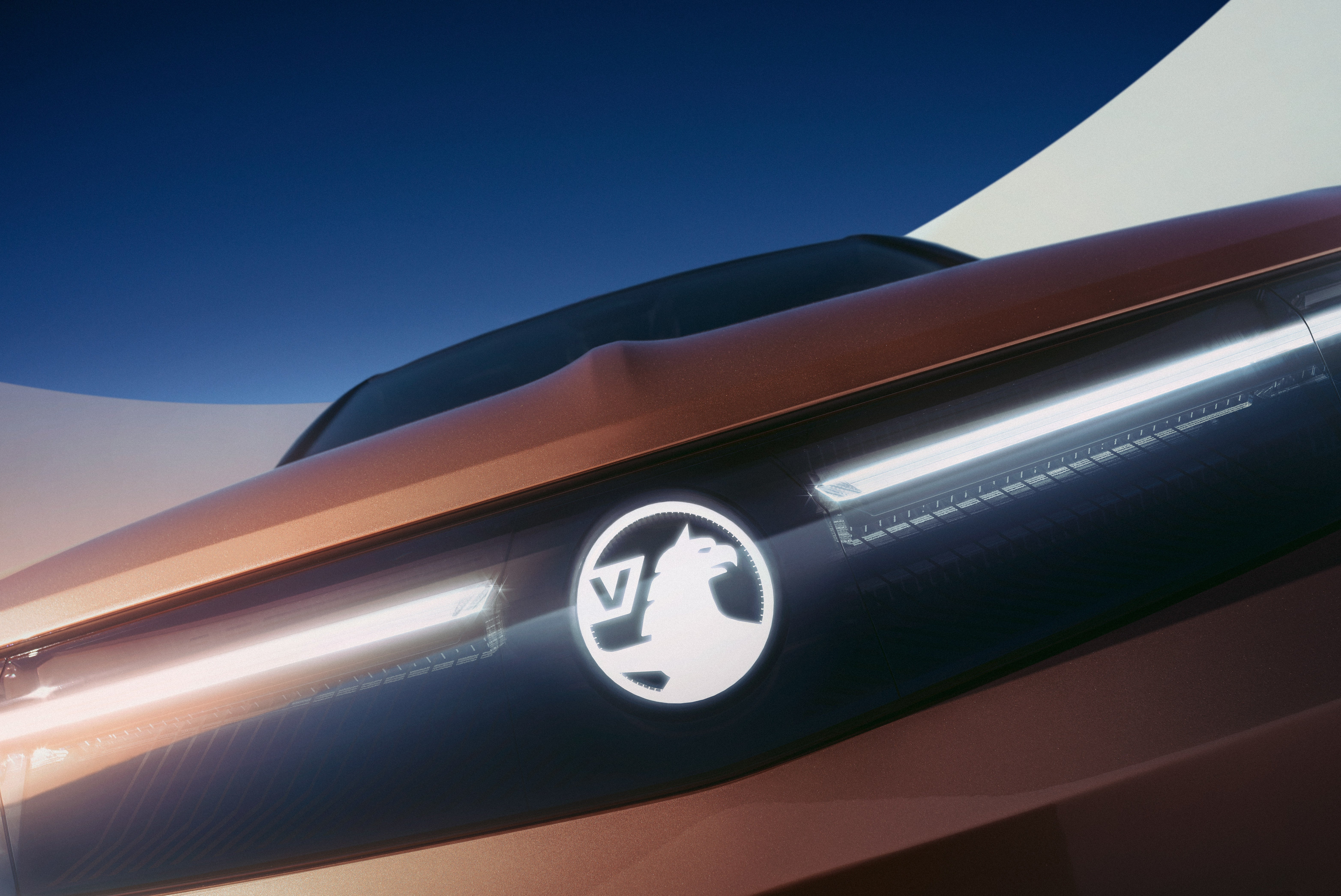Women in charge: female drivers’ EV FAQs answered
From range anxiety to safety and cost, we sort the fact from the fiction when it comes to electric vehicles

According to a recent Auto Trader report there is a growing gender gap in electric vehicle uptake with women being left behind. In essence, the issue is about presentation. Too often, EVs are promoted on the strength of their tech and gadgets, which is a priority for only 12 per cent of women, who are much more interested in safety, reliability and cost. “For me, the biggest factors when purchasing were the look of the car, saving money by swerving high petrol costs and making sure the car was safe for my kids,” says Bahbinder Bains, a mother-of-two from Wolverhampton who’s had her EV for six-months. “I’m really glad I made the switch to EV, I’ve saved so much money and time not having to make trips to the petrol station, and there’s barely been a noticeable rise in our electricity costs.”
Here, we answer female drivers’ questions on everything from range to charging.
Are electric vehicles safe and reliable?
The report revealed that 65 per cent of women considered safety the most important factor when it comes to choosing a car and so it’s vital to dispel the myths around EVs. Electric vehicles have far fewer parts than petrol or diesel cars, which means they have low maintenance requirements. For total peace of mind, EVs like Vauxhall’s Astra Electric come with an eight-year battery warranty and three years of roadside assistance.
Are electric vehicles less enjoyable to drive?
Not at all. Electric vehicles are exclusively automatic so you won’t constantly be on the clutch in urban traffic. They’ve got instant power which means instant acceleration. And they are super-quiet in comparison to petrol and diesel cars (those with internal combustion engines), which means drivers can fully immerse themselves in their surroundings. For lots of women, the penny really drops when they experience the drive of an electric for the first time, which is why Vauxhall retailers have their full electric car range available for potential customers to try and make direct comparisons with the petrol versions.
Do electric vehicles look as good as regular cars?
The days when EVs had a worthy or slightly dowdy look to them are long behind us and today’s electric vehicles are some of the most striking on the road. Vauxhall’s top-of-the-range SUV, the New Grandland - available to order this summer - is a genuine head-turner with its illuminated logo and recycled seating fabrics.

Are EVs more expensive to run?
Around 25 per cent of women think that EVs are more expensive to run than petrol and diesel vehicles. In reality, the opposite is true. The average cost of electricity in UK homes is £0.14kW, which means a full charge on a Corsa Electric using a home wallbox would cost just £7.00 and give up to 248 miles in range. With fewer components and working parts to maintain, EVs come with fewer overall service charges.
Are EVs really better for the environment?
EVs have zero tailpipe emissions in terms of greenhouse gases and with wind and solar making an ever-greater contribution to the UK’s national electricity supply, they’re a step in the right direction for slowing climate change' . And unlike petrol and diesel cars they don’t emit carbon monoxide and harmful volatile organic compounds. But it doesn’t stop there. Take Vauxhall’s handsome hatch, the Astra for example, which has a fully vegan interior and manages to stand out in the parking lot; despite having phased out chrome due to the hazardous by-products created.
Do they have the range that you need for long drives?
Women so often find themselves doing much of the contingency planning for long trips with kids. Reassuringly, the batteries that power electric vehicles have improved considerably in recent years, which means that cars like Vauxhall’s New Grandland can do up to 435 miles on a single charge. Brilliantly, it can also be charged from 20 per cent to 80 per cent in less than half an hour which means that you can power up at a motorway service station in the time it takes to have a cup of tea. And there are now more than 81,000 charge points in the UK in over 31,000 locations. While range anxiety remains an issue among non-EV drivers, a quick look through posts on forums such as the Women Drive Electric Facebook group reveal that the lived experiences of women who drive EVs confirm it is simply no longer an issue. By sharing their experiences on these online forums, women are giving others the confidence to start making the switch
I don’t have off-street parking. Can I still charge an electric vehicle?
If yours is one of the 40 per cent of UK households that doesn’t have off-street parking, don’t worry. Vauxhall has launched the Electric Streets Campaign, a huge country-wide survey investigating current and future demand for EVs, the results of which they are sharing with decision-makers so they can make smart and effective investments into our charging infrastructure.
So, if you drive an electric vehicle today or would consider driving one in the future, fill in the simple form below to help accelerate the electrification of the UK’s roads and create a better environment for all.
To find out more about Vauxhall’s EV range, and the Electric Streets Campaign, visit Vauxhall


Bookmark popover
Removed from bookmarks